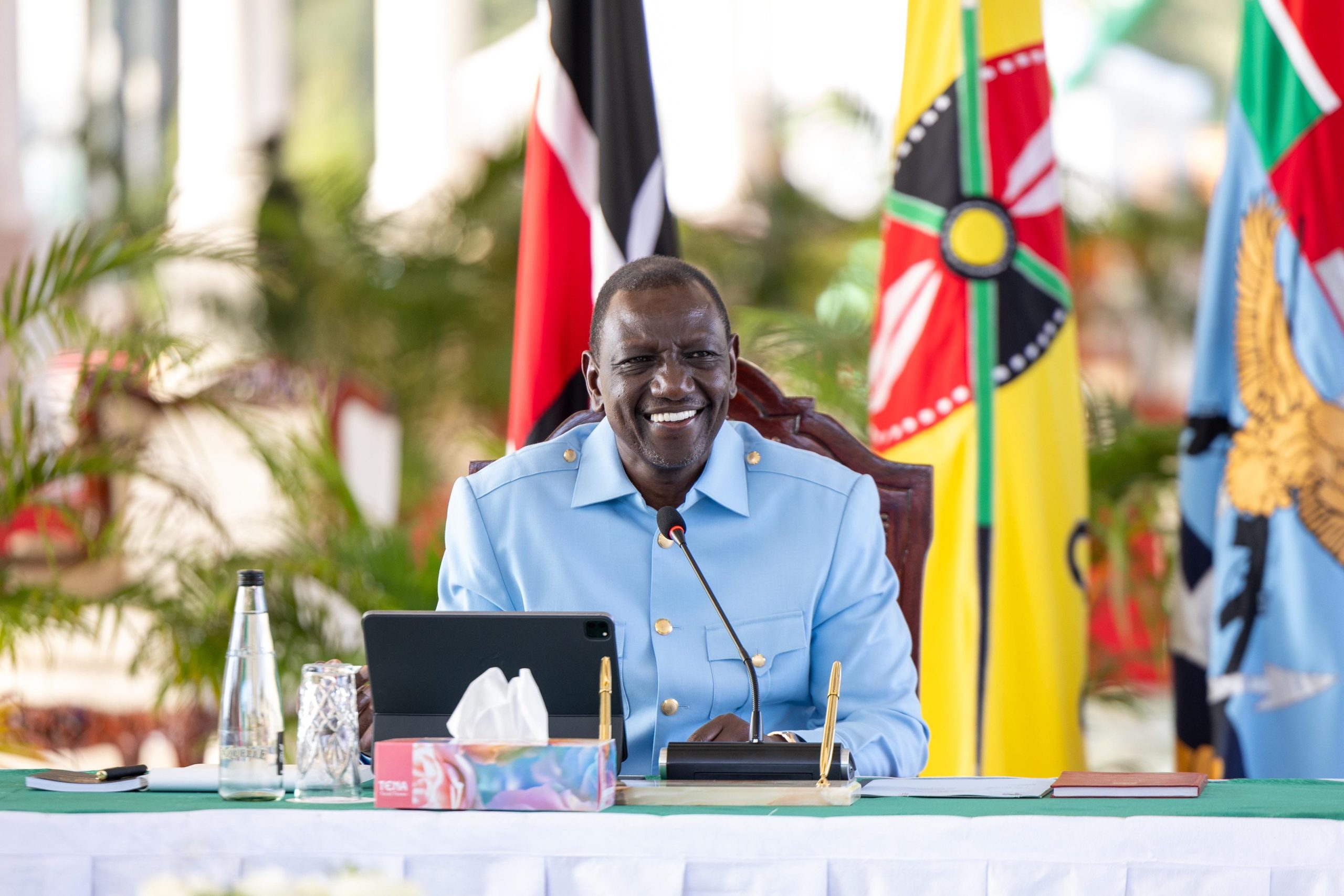
Cabinet backs this years budget to accelerate growth
The Cabinet has endorsed the proposed spending plans for 2024/25 fiscal year saying it will help accelerate achievement of programmes under the Bottom-up Economic Transformation Agenda (BETA).
Despite public outcry over treasury’s radical tax proposals as contained in the Finance Bill 2024, the Cabinet in its Thursday sitting said the second budget cycle under the Kenya Kwanza Administration will build on measures which have helped stabilize the economy amid debt and revenue pressures.
“This progress is evidenced by key economic indicators such as inflation, exchange rate, balance of payments, social policy and monetary policy which all point to substantial recovery and stable growth,” read a despatch from Cabinet Office.
According to the Cabinet, the next financial year beginning July 1, 2024 will see deficit reduce from Ksh 925 billion to Ksh 597 billion. This is almost half a reduction when compared to Ksh 1 trillion deficit the country reported in the FY2021/22.
The reduction has been on the backdrop of fiscal consildation strategy the administration has undertaken in a bid to tame the country’s debt appetite and opt for concessional borrowing to meet the total expenditure which will amount to Ksh 3.91 trillion shillings.
Budget estimates by National Treasury and Economic Planning shows that the government plans to cut its grant to state corporations by 70pc from the current year, reduce non-priority spending in the recurrent budget by 50pc and freeze foreign travels, reduce capital expenses on capital projects by 30pc and slash funding of development partners’ funded projects by 25pc.
Treasury cabinet secretary Prof. Njuguna Ndung’u is expected to present the budget statement before the National Assembly this afternoon, and propose tax measures to finance the budget where Executive is expected to receive Ksh 2.24 trillion, Consolidated Fund Services Ksh 1.21 trillion, county governments Ksh 446 billion including conditional grants.
Priorities in this year’s budget include advancement of the realization of economic and social rights such as universal health coverage, freedom from hunger, education, clean water, and sanitation.
“The budget further positions the economy for export-led growth while allocating additional resources to facilitate production and completion of ongoing infrastructure projects,” the office said.
Treasury forecasts the economy to grow by just 5.5pc this year compared to 5.6pc achieved in 2023.
